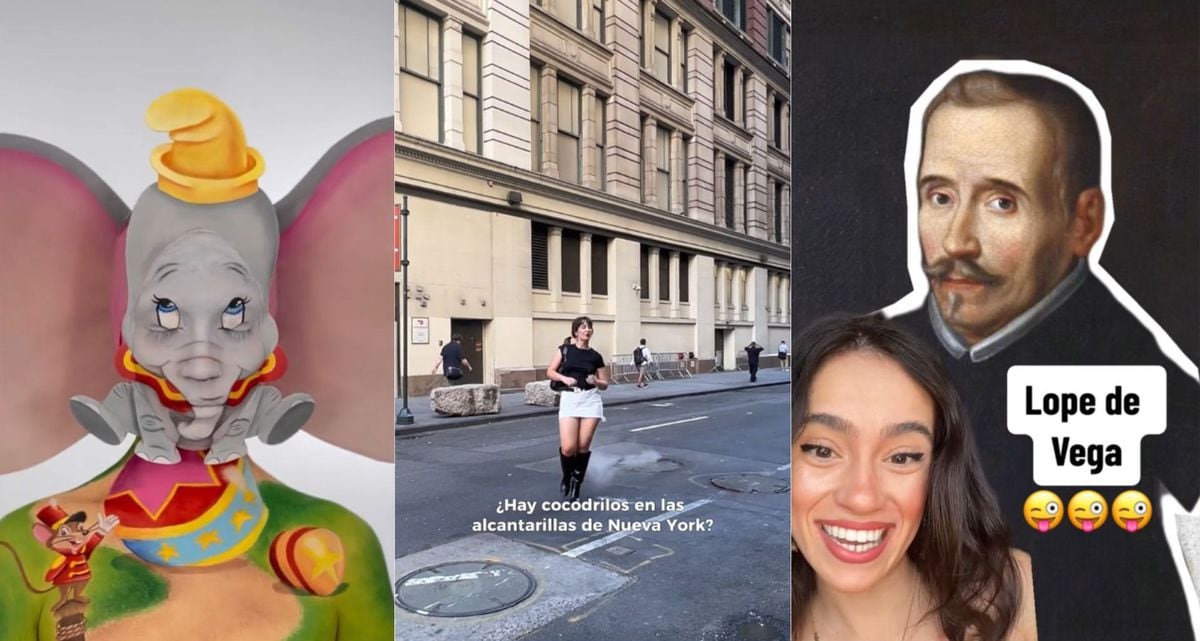Useless mouths in Stalingrad.
"The goal is surrender and the means used is not the achievement of the defeat of the enemy army, but the terrifying spectacle of dead civilians."
Little has changed since the siege of Jerusalem in the year 70 narrated by Flavius Josephus: civilians confined in the architectural geography of a city and harassed by professional combatants.
"The siege is the oldest form of total war," says Michael Walzer in
Just and Unjust Wars
(Paidos, 2001).
“Soldiers fight from sheltered positions and civilians, who don't fight at all, quickly become (…) 'useless mouths',” Walzer graphically describes.
And perhaps the best modern example is one of the most dramatic episodes of World War II (more than two million dead in 200 days between 1942 and 1943), the German siege of the Russian city now called Volgograd, narrated by Antony Beevor in his praised
Stalingrad
(Crítica, 2015), which can be read as a novel or as a history book —perhaps the same could be said of
Life and Destiny
(Galaxia Gutenberg, 2016) by Vasily Grossman—.
Movies like
Enemy at the Gates
(Jean-Jacques Annaud, 2001) or
Stalingrad
(Fedor Bondarchuk, 2013) serve to get a visual idea.
The Syrian journalist Waad al-Kateab, along with her daughter, in the documentary 'Para Sama'.
Aleppo in the first person.
Much closer in time, is the battle of Aleppo (2012-2016), framed in the Syrian civil war, a conflict that pitted the army of President Bashar al-Assad against the opposition to the dictatorial regime and in which other international forces intervened and even terrorist groups.
The images of these days in the hospitals of Kiev and other Ukrainian cities are reminiscent of those of the crude film
Para Sama
(2019), directed by the Syrian Waad al-Kateab and the Englishman Edward Watts and which won the Bafta award from the British Academy for best documentary (it was also an Oscar candidate).
The feature film depicts the tragedy suffered by Al-Kateab, who lived through the conflict from the beginning, married a doctor and had her daughter Sama de Ella during the five-year siege in Aleppo.
An extreme survival exercise narrated by herself in a harrowing way based on homemade images.
Madrid, "they will not pass".
Spain also has much to tell about the suffering of civilians.
It happened in Madrid.
A daily life of bombing, rubble, the smell of death, hunger and, in the background, the war narrated on the radio.
Books, movies and documentaries have already told almost everything, but perhaps it is worth a rereading of Jorge M. Reverte, who narrates in
The Battle of Madrid
(Crítica, 2004) the siege suffered by the capital, in the hands of the republican army, under fire from the rebel army during the Civil War.
The initial assault, which began on November 8, 1936, lasted a couple of weeks, in which street to street fighting was fought with bayonets and point-blank shots, but the coup troops had to retreat and what was expected would be a simple operation was prolonged, to the cry of "They will not pass", in another 28 months of siege.
Russian journalist Anna Politkovskaya, murdered in 2006. Epsilon (Getty Images)
Grozny, "the most destroyed city on the planet".
This is how the UN described Grozny, the capital of the Chechen Republic, in 2003.
The current president of Russia, Vladimir Putin, now a promoter of the invasion of Ukraine, already knows how to massacre a city.
On December 31, 1999, he assumed the interim presidency after the resignation of Boris Yeltsin, just days after the attacks of the Russian army against the Chechen rebels with Grad missiles began in a city in which there were still between 20,000 and 30,000 civilians (there were 230,000 displaced).
The journalist Anna Politkovskaya told the tragedy that this corner of the Caucasus experienced very well in books such as
A Dirty War: A Russian Reporter in Chechnya
(2003) or
Chechnya, Russian Disgrace
(2003).
Politkovskaya died at the age of 48 in Moscow, murdered in the doorway of her house at the hands of a gunman on October 7, 2006, precisely on Putin's birthday.
She left an unfinished article (you can read it at this link) about torture in Chechnya.
Shortly after she would publish the posthumous book
Russian Journal
(Debate, 2007).
And years later, the Italian cartoonist Igort told the story of the reporter and the conflict in
Russian Notebooks
(Salamandra, 2014).
Two options to verify the tragedy that took place in Chechnya... and the impunity with which journalists are killed in Russia.
Waiting for Godot in Sarajevo.
Every Spaniard with gray hair remembers well where he was in the summer of 1992, not so much when Sarajevo was massacred.
When Barcelona celebrated its games with joy that year, the Balkan city had been surrounded for months by the Yugoslav People's Army and the Bosnian Serb forces opposed to the result of the independence referendum in 1992 of the now called republic of Bosnia and Herzegovina, formerly integrated into Yugoslavia. .
Almost four years, which lasts an Olympiad, the siege (perhaps the longest in the modern era) of the Balkan capital was extended.
The conflict resulted in 12,000 dead, 50,000 wounded and the city practically destroyed, with the UN forces as a witness.
Juan Goytisolo traveled with Susan Sontag to Sarajevo in 1993, in the middle of the siege,
and he told it to the readers of EL PAÍS (read the series of published forums here).
He also offered the account of that experience in
Sarajevo notebook
(Aguilar, 1995).
Meanwhile, the philosopher and essayist, who staged the anguish in the Bosnian capital during that siege with a version of
Waiting for Godot
, described the war in Bosnia as an attempt by political fascism to re-establish itself in Europe.
Without words, but no less emotionally, the story is summed up by Max Richter in the barely four minutes of
Sarajevo
, a song from his magnificent album
Memoryhouse
(it would also be worth, already in Spanish, the homonymous song by Lagartija Nick).
And in visual matters, the documentary
Álbum de postwar stands out
(Movistar), devised by Gervasio Sánchez and co-directed by Airy Maragall and Àngel Leiro, which documents what happened to the lives of various characters who suffered the Serbian siege in their childhood and who were portrayed in those days by the Spanish photojournalist.
A page from the comic strip 'Footnotes from Gaza', by Joe Sacco.
Gaza, long-distance fence.
Among the modern sieges it would be possible to include (there will be those who believe that not) that of Gaza.
A narrow strip of territory 41 kilometers long and between 6 and 12 kilometers wide, practically isolated from the world because Israel continues to rigorously control the airspace, the coast and all entry points except Rafah (border with Egypt).
“The overpopulated and destitute Gaza Strip was not spared the Israeli yoke or the threat of withering attacks or retaliation by Israeli troops,” says Maltese-born American comics author Joe Sacco in the foreword to
Notes to the foot strip
(2009, republished by Reservoir Books in 2021).
It is a comic in which he narrates his investigation in 2002 and 2003 of the Khan Younis massacre (257 civilians murdered on November 3, 1956) but which perfectly serves to describe the situation suffered by a population of two million confined inhabitants in a ghetto that has suffered at least three armed conflicts since 2008. In just 11 days in May 2021, Israeli bombs annihilated 2,000 homes and seriously damaged another 16,000.
253 Palestinians were killed and 1,900 wounded (by 10 and 333, respectively, among the Israelis).
They call it conflict, but it sounds a lot like a siege.
You can follow BABELIA on
and
, or sign up here to receive
our weekly newsletter
.






/cloudfront-eu-central-1.images.arcpublishing.com/prisa/U4XRXDOOOZD4JA5V2SJ4KBERUY.jpeg)

/cloudfront-eu-central-1.images.arcpublishing.com/prisa/PHVPFFR6CVG73KXKSA43KOUVPU.jpg)
